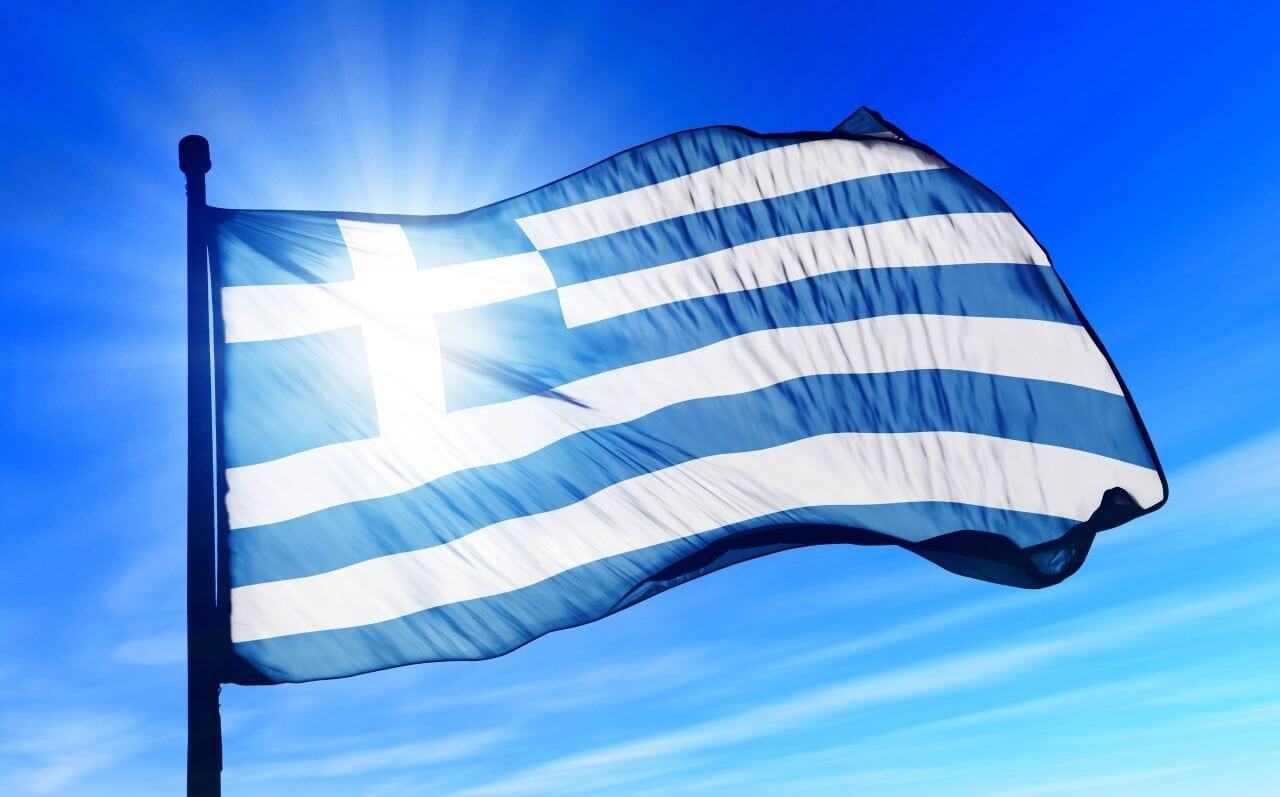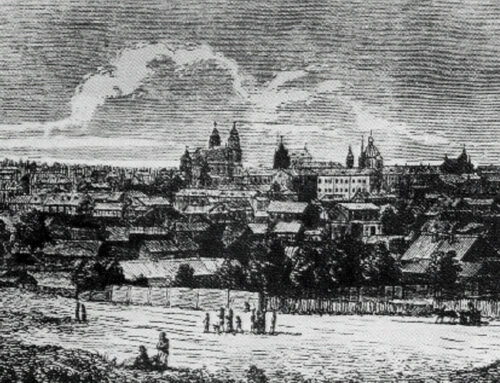Each nation enjoys its own public holidays that can usually be linked to certain events of their historical developments. The festivals vary from state to state and the official celebrations are organised depending on the country’s traditions. They celebrate the culture of the nation, enhance patriotism, and promote the sense of unity. Hence, national holidays are particularly significant and each country commemorates at least one important date. Greece, South European country located on the Balkan peninsula, is known for its rich history and great tradition. Regarding national holidays, Greece celebrates two notable dates from their history: Oxi Day, when Greece rejected the Italian ultimatum and entered World War II, and the Celebration of the Greek Revolution, when Greece gained independence from the Ottoman Empire.
The Oxi Day is commemorated every 28th of October in Greece and Greek communities across the world. This national holiday has notable historical background, tracing back to the World War II. In 1940, Italian Republic has presented an ultimatum to Greece, demanding the country to surrender and allow Axis Powers to enter its territory under the threat of war. It was Greek Prime Minister and military general, Ioannis Metaxas, who refused to capitulate, eventually enabling Italy to drag Greece into the Second World War [1]. He denied Italian Prime Minister, Benito Mussolini, to occupy Greek strategic locations which prompted the attacks on Greece. The sources are divided regarding what Metaxas’ actual response to Mussolini was. The most commonly accepted reply is “Oxi”, meaning “no” in Greek, which is how the national holiday got its name. Other sources, however, report that his actual response was “Alors, c’est la guerre!” translating to “Then it is war!” [2]. In under two hours, Greek border was attacked by the Italian troops stationed in Albania, nullifying Metaxas’ efforts to remain neutral and keep Greece out of the war. Germans managed to invade Greek territories in April 1941, leading to devastating economic and socio-political effects.
The holiday is primarily commemorated through student and military parades with Greeks flags hung across the country. The Oxi Day also has religious dimension, particularly celebrating Holy Veil of the Virgin Mary who is believed to have helped the Greek army during the liberation of the state. Hence, many celebrate this holiday by going to Church. The service is followed by the parade, where students wearing uniforms in the colours of Greek flag are marching in front of other citizens and local authorities. The best student carries the flag. The wreath made of laurel leaves is laid at the monument called “Hiroo” to pay respect to the fallen soldiers. These monuments can be found in every local community. The military parade follows in Thessaloniki, where military officials march in front of the audience, including political figures such as the President of Greece. Former disabled soldiers march first, followed by fighters from Macedonia region and Pontos region, as well as “Evzones” who are Greek Presidential Guard. The holiday closes with a performance by Greek air forces and the President of Greece laying the wreath to honour the fallen soldiers [3].
Apart from the day that celebrates the Greek heroes, another date is significant for this country. On 25th of March, Greece commemorates its Independence Day, also known as the Celebration of the Greek Revolution. While the Oxi Day is known for Metaxas’ rejection of the Italian ultimatum, the Independence Day marks the date when Greece was liberated from the Ottoman rule. Ottoman Empire ruled Greece for centuries before this country regained its sovereignity. On this date in 1821, the War of Independence has begun between Greek revolutionaries and the Ottomans. The revolution begun with bishop Germanos of Patras raised the flag of Greece in the Peloponnese, over the Monastery of Agia Lavra [4]. The War was fought until 1830, when smaller areas in Greece were freed and the nation declared independence, with the liberation continuing in the following years [5]. The anniversary coincides with the Feast of the Annunciation, another religious holiday celebrated in this country.
The military parade is organised for this holiday as well. Similar to the Oxi Day, it is attended by the political and religious officials, including the president of the country and the military personnel. Students also take part in the march which is organised by the local educational institutions [6]. This year, Greece celebrated 200 years since the War for Independence. Despite the COVID-19 limitations, the official parade was successfully organised, including the air show performed by Greek, USA, and French pilots. It was also the first time the relic of the Agia Lavra banner was included in the ceremony [7].
Sources:
[1] https://www.timebulletin.com/ochi-day-what-is-ohi-day-history-and-significance-of-the-oxi-day/
[2] http://www.iefimerida.gr/tag/οχι-alors-cest-la-guerre
[3] https://www.definitelygreece.com/oxi-day/
[4] https://www.britannica.com/topic/Greek-Independence-Day
[5] https://www.explorecrete.com/history/march25.html
[6] https://www.therealgreek.com/200-years-of-greek-independence/
[7] https://www.reuters.com/article/us-greece-anniversary-independence-idUSKBN2BH19U





